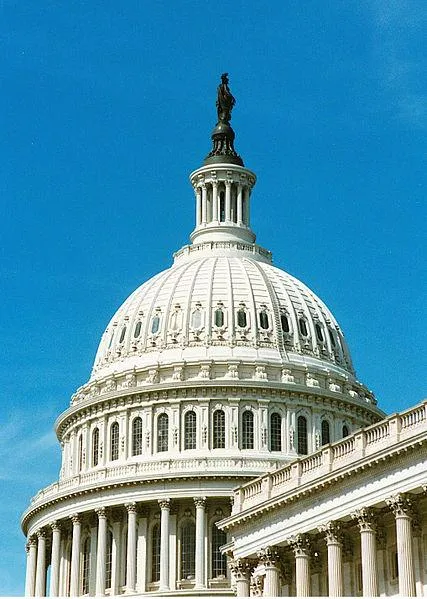Labor issues of SOPA and PIPA remain

In the face of ferocious opposition from the high-tech community, Congress has gone back to the drawing board with the Stop Online Piracy Act (SOPA). But the issues the legislation aimed to address remain: how to protect the work of creative artists against foreign online piracy.
That's why unions representing writers, actors, directors and others initially supported SOPA in the House and PIPA in the Senate. A coalition of creative unions said: "Combating online theft and the sale of illegal CDs and DVDs is nothing short of defending U.S. jobs and benefits." And, as former National Writers Union executive director Maria A. Pallante, now U.S. Register of Copyrights, told Congress quite bluntly, "if Congress does not continue to provide serious responses to online piracy, the U.S. copyright system will ultimately fail."
The Senators who backed PIPA remain adamant about the issue. Senator Patrick Leahy (D-VT) said that delay is dangerous:
"In the meantime, more time will pass with jobs lost and economies hurt by foreign criminals who are stealing American intellectual property, and selling it back to American consumers. I remain committed to addressing this problem; I hope other members of Congress won't simply stand on hollow promises to find a way to eliminate online theft by foreign rogue websites, and will instead work with me to send a bill to the President's desk this year."
Senate Majority Leader Harry Reid said, more hopefully:
"There is no reason that the legitimate issues raised by many about this bill cannot be resolved. Counterfeiting and piracy cost the American economy billions of dollars and thousands of jobs each year, with the movie industry alone supporting over 2.2 million jobs. We must take action to stop these illegal practices."
Federal Communications Commission chairman Julius Genachowski seems to be aloof from the controversy, but believes a compromise can be found. Speaking at the Digital Life Design conference in Munich on January 22, he said, according to one report:
"When asked about SOPA, Genachowski narrowly avoided disclosing whether he was pro or anti SOPA, but said that the vital importance of preserving a free and open Internet does not have to be at the odds with legislation that ensures effective mechanisms are in place to enforce intellectual property."
Speed Matters and CWA are concerned about protecting the rights and livelihoods of creative artists in a manner that promotes open access to legal content on the web.
Piracy Is A Danger To Entertainment Professionals (Arts, Entertainment and Media Industries Unions, Mar. 2, 2010)
Statement of Maria A. Pallante, Register of Copyrights, before the Committee on the Judiciary (Nov. 16, 2011)
Comment Of Senator Patrick Leahy On Postponement Of The Vote On Cloture On The Motion To Proceed To The PROTECT IP Act (Jan. 20, 2012)
Reid Statement On Intellectual Property Bill (Jan. 20, 2012)
Digital Life Design Conference (Jan., 2012)
FCC chairman Julius Genachowski calls for SOPA compromise (Jan. 22, 2012)
CWA members oppose AT&T’s attempts to stop serving rural and low-income communities in California
CWA urges FCC to deny industry attempts to loosen pole attachment standards
CWA District 6 reaches agreement with AT&T Mobility



